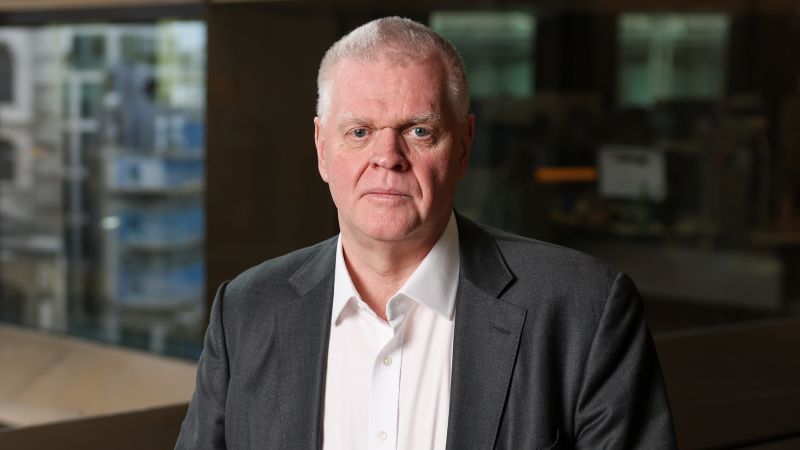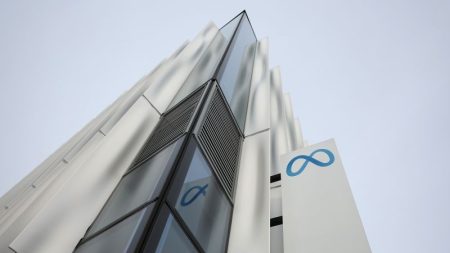HSBC has announced that its chief executive, Noel Quinn, will be retiring after five years in the position. During his time as CEO, Quinn oversaw a series of asset sales around the world, including cutting underperforming businesses in the United States, France, Canada, and smaller markets like Argentina. Under his leadership, the bank’s profits and share price have seen an uptick, with shares rising approximately 30% during his tenure. Georges Elhedery, the chief financial officer who was appointed to the No. 2 role in January 2023, is a likely internal candidate to succeed Quinn.
Hong Kong-based Surich Asset Management founder, Simon Yuen, praised Quinn’s decision to shrink businesses in Western markets while boosting the bank’s presence in Asia. Shareholders of HSBC are hopeful that Quinn’s successor will continue to focus on growing the bank’s business in Asian countries. Quinn will remain CEO until his successor takes over, at which point he will step down from the position. He expressed readiness for a change after holding intensive leadership roles with the bank since 2008 and noted that the bank is at a natural inflection point as it completes its current transformation phase.
HSBC Chairman Mark Tucker stated that the bank aims to complete Quinn’s succession process by the second half of the year. Tucker disclosed that Quinn informed him of his decision to step down earlier in the month, emphasizing that it was Quinn’s choice and that the board supported his decision. Quinn, who has been with HSBC since 1987, took on the role of chief executive in March 2020, after serving as interim CEO following the ousting of his predecessor. He played a crucial role in navigating challenges brought by the coronavirus pandemic and geopolitical tensions, particularly in China, where HSBC generates most of its revenues and profits.
During his tenure, Quinn also successfully resolved a campaign led by China’s Ping An Insurance to spin off HSBC’s Asia business, which ended in defeat at the bank’s shareholder meeting last year. HSBC faced criticism from Western lawmakers over its China dealings amid escalating geopolitical tensions. Despite reporting a slight decrease in pretax profit for the quarter ending in March, the bank announced $3 billion worth of share buybacks in addition to $2 billion in share purchases from February. This move reflects HSBC’s efforts to manage rising costs from its expansion in Asia, where Hong Kong serves as its largest market globally.
Overall, Quinn’s departure comes at a pivotal moment for HSBC as it seeks to continue its growth trajectory in Asian markets while addressing challenges posed by the global economic landscape and geopolitical tensions. The bank’s next CEO will be tasked with further expanding its presence in the region and solidifying its position as a leading financial institution. As HSBC navigates this transition, stakeholders will be closely watching to see how the new leadership drives the bank forward in the coming years.















